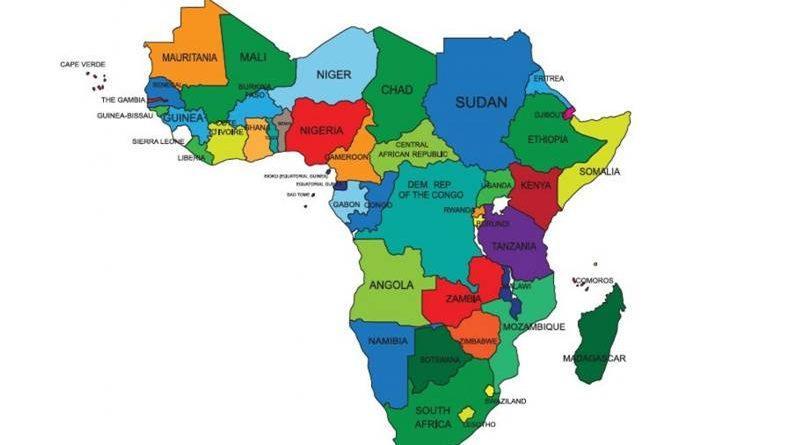Economic Growth to slow in Sub-Saharan Africa as China’s Economy slows
The International Monetary Fund’s (IMF) Regional Economic Outlook states that Sub-Saharan Africa’s growth performance will be negatively impacted by China’s weakening economy. In a year, the average growth rate in the region could drop by around 0.25 percentage points for every percentage point that China’s growth rate declined.
For oil exporting nations like Nigeria, the loss may be an average of 0.5 percentage points. A fall in China’s economic growth could have a direct effect on African nations that mainly rely on exporting commodities like metals, minerals, and gasoline, as China is a significant trading partner.
It has been expected that the region’s economic growth will be hampered by the decline in Chinese demand for these commodities as well as a decline in sovereign loans to the region, which fell below $1 billion in 2022—the lowest sum in nearly two decades—especially for infrastructure projects.
Therefore, in order to mitigate the effects of China’s slowing economy, African nations must diversify their economies and reduce their reliance on a small number of important exports. Moreover, investigating substitute investment prospects and advancing regional economic integration could function as a safeguard against the consequences of China’s economic recession.
Strengthening domestic policies to manage public debt responsibly and boost economic resilience will be crucial to navigating the uncertainties brought on by the changing dynamics in the global economic environment. Long-term sustainable prosperity in the region may also be aided by cooperative efforts between China and African nations to investigate new channels of cooperation outside of established trade and investment patterns.




